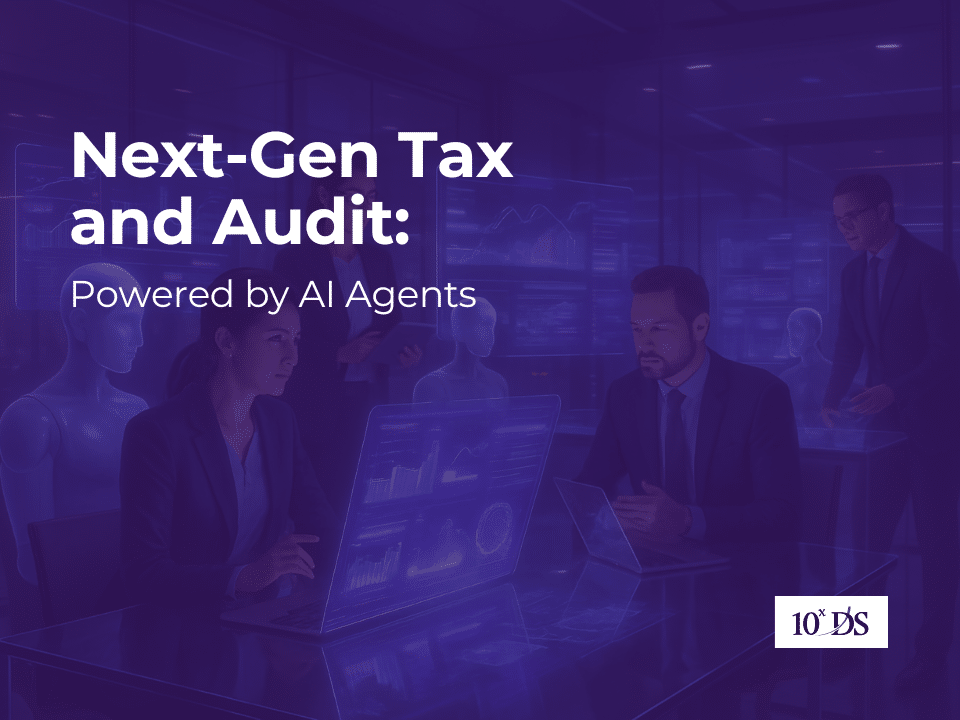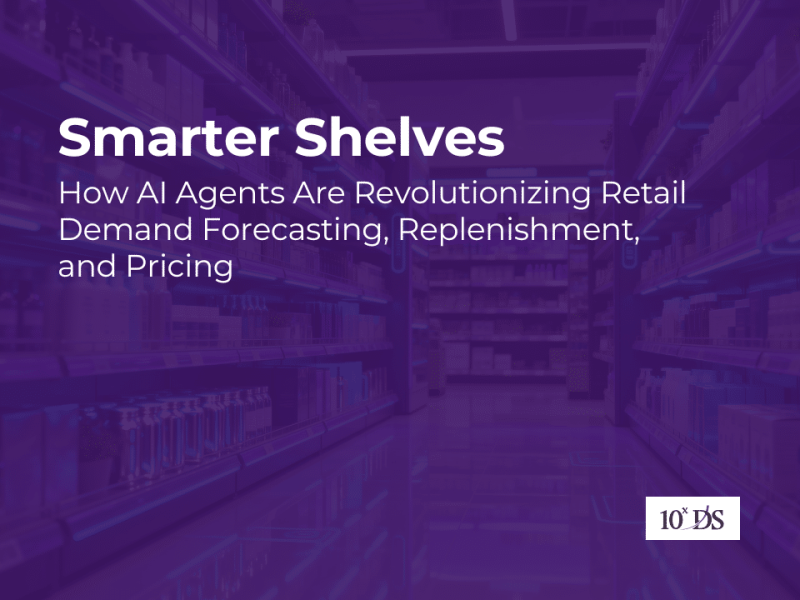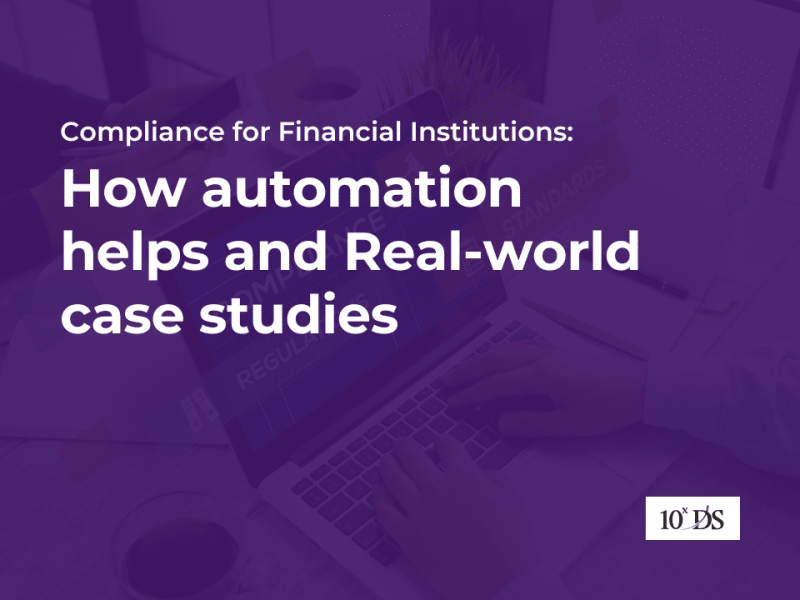
Next-Gen Tax and Audit: Powered by AI Agents
In today’s rapidly evolving digital economy, businesses are facing increasing pressure to stay compliant, reduce risks, and operate with greater transparency. Regulatory frameworks are becoming more dynamic and complex, requiring real-time responsiveness and precision.
AI Agents are revolutionizing how enterprises handle tax and audit processes—automating tasks, enhancing decision-making, and enabling proactive compliance like never before.
Why Traditional Tax and Audit Methods Are No Longer Enough
For decades, tax and audit functions have been governed by well-established but largely manual processes. These traditional methods rely heavily on retrospective analysis, rule-based checklists, siloed systems, and time-consuming paperwork. While they have served businesses adequately in stable environments, today’s dynamic and data-intensive landscape exposes their critical limitations.
Tax teams often spend a lot of time reconciling data across disconnected systems, while audit professionals are burdened with sampling techniques that only scratch the surface of available information. Regulatory updates, when processed manually, risk being missed or misinterpreted, leading to compliance gaps and financial penalties.
Moreover, as businesses expand across borders and adopt digital-first models, the volume and complexity of data increase exponentially. Traditional tools simply weren’t built to handle real-time monitoring, high-frequency transactions, or the nuanced demands of global compliance.
The result? Delays in decision-making, increased error rates, limited scalability, and reactive compliance. This not only creates operational inefficiencies but also brings in reputational and financial risks that modern businesses can no longer afford.
This is where AI Agents enter the picture—replacing outdated, reactive approaches with intelligent systems designed for agility, accuracy, and scale.
The Rise of Agentic AI in Tax and Audit
Agentic AI represents a leap beyond traditional automation tools like robotic process automation (RPA), which rely on rule-based scripts to perform repetitive tasks. AI Agents are autonomous systems capable of perceiving their environment, making decisions, and executing multi-step processes with adaptability. These agents leverage machine learning, natural language processing, and predictive analytics to handle complex workflows, such as monitoring regulatory changes, analysing financial data, and drafting reports. Agentic AI is shifting the role of tax and audit professionals from manual task executors to strategic advisors, allowing them to focus on high-value activities that require human judgement.
Latest research from Salesforce suggests that AI Agents could significantly cut tax filing time—potentially by up to 62%.
AI Agents for Tax Compliance: Proactive, Not Reactive
Compliance is no longer a once-a-quarter or once-a-year activity. It demands real-time vigilance, especially for companies operating across jurisdictions. AI Agents are transforming this landscape by performing the following actions:
- Continuous monitoring of tax obligations, ensuring businesses stay aligned with changes in GST, VAT, or corporate tax rules.
- Smart filings that automatically select the correct forms, populate them with accurate data, and flag any inconsistencies before submission.
- Predictive alerts, where AI warns tax officials of potential compliance issues based on transactional behaviour or regulatory updates.
- Scenario analysis, helping CFOs and tax teams simulate the impact of legislative changes on company liabilities.
- Customizable compliance workflows, tailored to sector-specific regulations and geographical nuances.
The shift to AI Agents for tax compliance moves organizations from a reactive stance to a proactive, intelligent compliance framework. The result is reduced risk exposure, fewer penalties, and better strategic planning.
AI Agents for Tax Audit: Boosting Accuracy and Speed
The use of AI Agents for Tax Audit stands out as one of the most impactful advancements in modern financial operations. These intelligent agents can:
- Analyse financial records in real-time, detecting anomalies or unusual patterns that may indicate non-compliance or fraud.
- Cross-reference multiple data sources, such as ERP systems, third-party transaction logs, and government portals.
- Generate risk-based audit reports that prioritize areas needing human attention.
- Maintain audit trails automatically, ensuring transparency and traceability for every action.
- Learn from past audits to continuously improve accuracy in future evaluations.
With AI Agents, organizations can dramatically reduce manual effort while increasing audit depth and confidence. These agents can complete tasks that traditionally took weeks, in few hours, without sacrificing precision.
Benefits of AI Agents in Tax Audit and Compliance
AI Agents for Tax Audit and Compliance bring measurable improvements to both internal efficiency and client-facing outcomes:
- Increased Efficiency:Automating repetitive tasks such as data entry, document processing, and compliance checks with AI agents helps streamline workflows, reduce manual effort, and enhance overall operational efficiency.
- Improved Accuracy: AI Agents minimize human error by consistently applying tax rules, cross-validating large datasets, and flagging discrepancies in real time—ensuring greater precision in both audits and compliance reporting.
- Scalability: AI agents enable businesses to effortlessly manage increasing volumes of financial and transactional data without the need to proportionally scale their audit or compliance teams. This ensures that as operations grow, processes remain efficient, accurate, and cost-effective.
- Audit-readiness: With AI agents continuously monitoring and documenting every transaction and compliance activity, organizations achieve a state of perpetual audit preparedness. This means audit-related data, evidence, and insights are readily accessible at any time—eliminating last-minute scrambles and reducing audit friction.
- Proactive Compliance: AI Agents for Tax Compliancemonitor regulatory changes in real time, ensuring filings are accurate and up to date. This proactive approach minimizes penalties and enhances financial transparency.
- Strategic Focus: By handling routine tasks, AI Agents free up professionals to focus on advisory services, client relationships, and strategic planning.
- Cost Savings: AI agents streamline transfer pricing documentation, lowering the burden on tax teams and reducing expenses.
These benefits position firms that adopt Agentic AI to thrive in a competitive market, delivering faster, smarter, and more tailored services.
Challenges and Ethical Considerations
Despite their transformative potential, AI Agents for Tax Compliance and Audit come with challenges that require careful consideration:
- Data Quality and Integration: Successful implementation depends on high-quality data and seamless integration with existing systems. To ensure reliable outcomes, firms must invest in robust data infrastructure and establish strong data governance practices.
- Ethical Implications: Establishing well-defined guidelines and ensuring responsible human oversight are essential in an AI-driven environment. Organizations must implement robust governance frameworks that uphold ethical standards and maintain the integrity of professional judgment in all AI-supported tax and audit activities.
- Cultural Shift: Adopting agentic AI requires a mindset change, with tax departments evolving from compliance-focused to strategic advisors. This demands upskilling talent and fostering collaboration across IT, legal, and finance teams.
- Regulatory Oversight: AI Agents for Tax Compliance must align with local legal frameworks and meet auditability standards.
That said, the long-term benefits outweigh the short-term frictions—especially as regulatory bodies themselves begin exploring AI-powered oversight.
The Future of Tax and Audit powered by Agentic AI
AI Agents won’t replace tax professionals—they’ll empower them. The future lies in collaboration, where agents handle the heavy lifting and humans focus on judgment, strategy, and ethics. Accountants and auditors will evolve into “AI supervisors”—validating insights, interpreting edge cases, and ensuring accountability.
For instance, a compliance agent may flag a cross-border transaction as high risk, but it’s up to a human expert to determine whether the transaction reflects aggressive tax planning or legitimate business operations.
Firms that embrace AI Agents for Tax Audit and Compliance will gain a competitive edge by enhancing efficiency, accuracy, and client value. However, success depends on strategic implementation, robust governance, and a commitment to human oversight. By embedding AI into trusted tools and workflows, businesses can transform tax and audit into smarter, more strategic functions.
Conclusion
AI Agents are redefining the tax and accounting profession by automating complex tasks, improving accuracy, and enabling professionals to focus on strategic work. From streamlining compliance to enhancing audit efficiency, these agents are transforming how firms operate and deliver value to clients. While challenges like data quality, ethical considerations, and cultural shifts remain, the potential of agentic AI in transforming tax & audit functions is undeniable. As firms adopt these technologies, they will not only navigate the complexities of today’s regulatory landscape but also position themselves as leaders in a data-driven, client-centric future. The era of agentic AI has begun, and its impact on tax and audit is just the beginning.
In a world where tax and audit demands are only growing in complexity, organizations that adopt Agentic AI early will have a decisive edge—not just in compliance, but in strategic agility and long-term resilience.
Talk to our experts to learn more.


